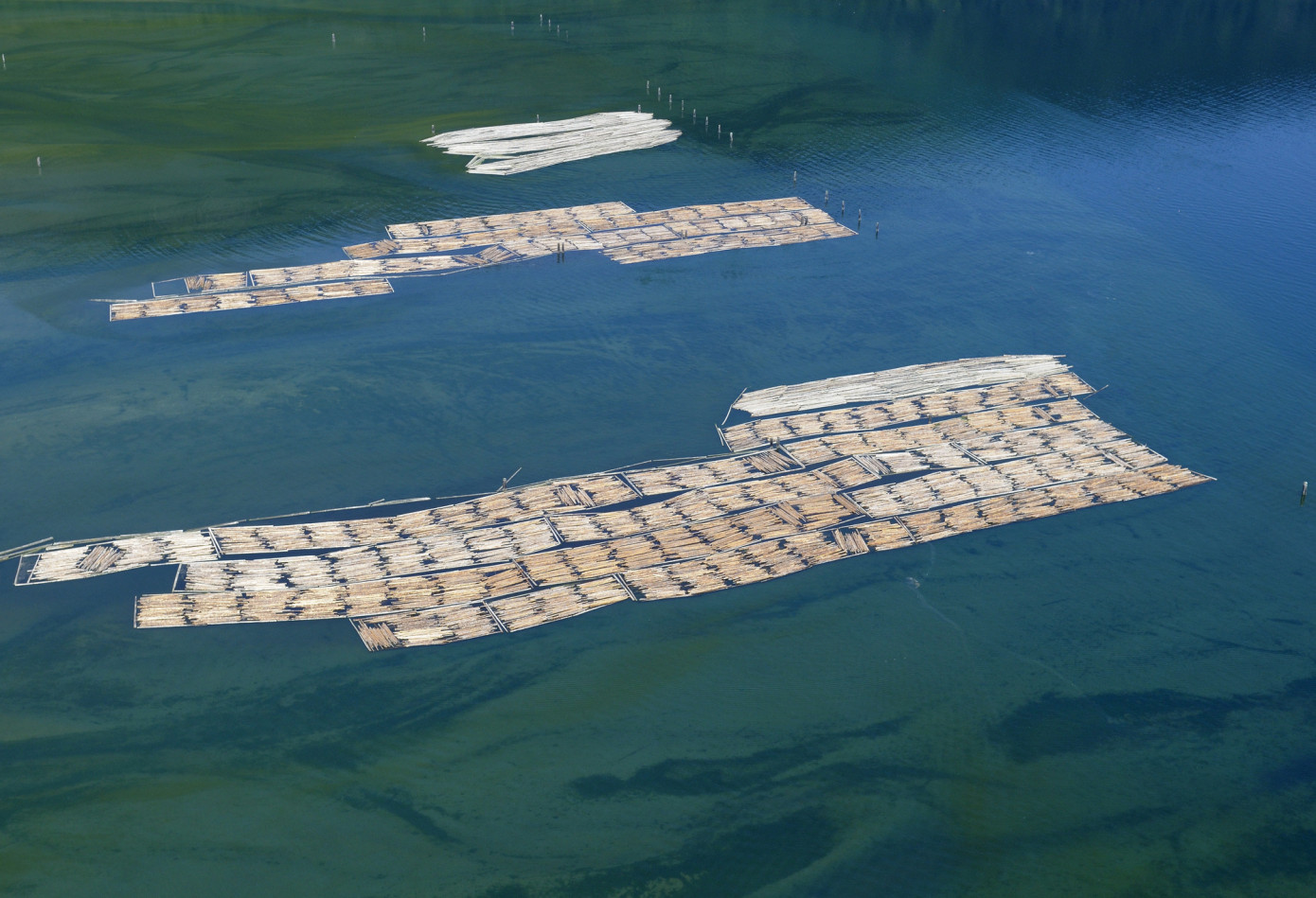British Columbia is launching new tariff-response measures to counter the impact of U.S. President Donald J. Trump's tariffs on Canadian goods and energy, Premier David Eby announced. The province plans to introduce legislation aimed at protecting workers and businesses while enabling swift responses to economic challenges. This comes as B.C.'s share of goods exports to the U.S. has declined to 53% in 2024, compared to 66% in 2000, according to government estimates.
The proposed legislation will give the provincial government tools to remove interprovincial trade barriers, mandate the use of Canadian low-carbon fuels in gasoline and diesel, and apply tolls or fees to U.S. commercial vehicles traveling through B.C. to Alaska. Additionally, the B.C. Liquor Distribution Branch will immediately stop purchasing American liquor from "red" states, removing those products from public liquor store shelves. Crown corporations and the provincial government will prioritize Canadian goods and services in procurement.
The federal government has imposed 25% tariffs on $155 billion worth of U.S. imports as part of a national countermeasure strategy, while provinces and territories are taking additional actions. First ministers have also committed to reducing internal trade and labor mobility barriers by June 1, 2025, to strengthen domestic markets.
B.C. is expediting approvals for major projects worth $20 billion to create 8,000 jobs, particularly in rural and remote communities, to support the economy amid trade disruptions. The province is also forming a trade and economic security task force, an agriculture and food economy task force, a softwood advisory council, and a cabinet committee to coordinate responses to the tariffs.
B.C.'s reliance on U.S. trade remains lower than other provinces, with 88% of Alberta’s exports and 76% of Ontario and Quebec’s exports going to the U.S. in 2024. However, some B.C. sectors remain highly dependent on U.S. markets, including natural gas, electricity, and softwood lumber, 75% of which was exported to the U.S. in 2024. U.S. imports accounted for 35% of B.C.'s incoming trade, including machinery, agriculture, food, and energy products.
B.C.'s estimates suggest that the 25% tariffs on Canadian mineral exports will cost U.S. companies over $11 billion, significantly affecting the U.S. defense, energy, and manufacturing industries.
